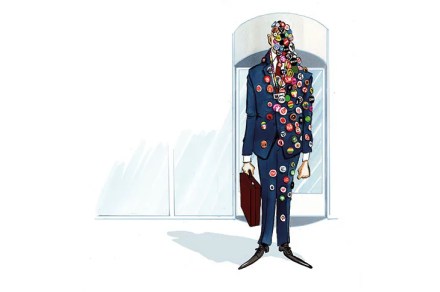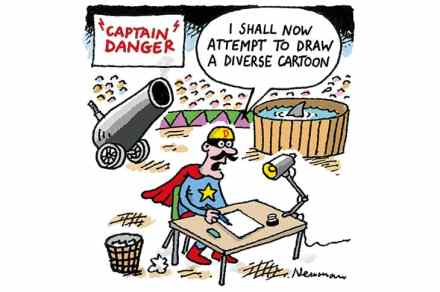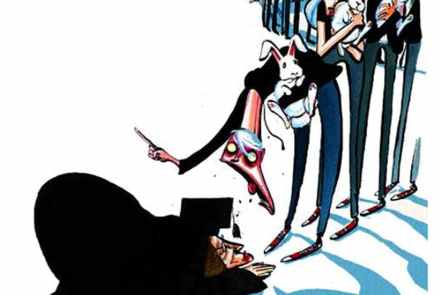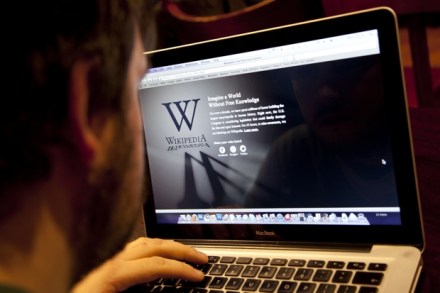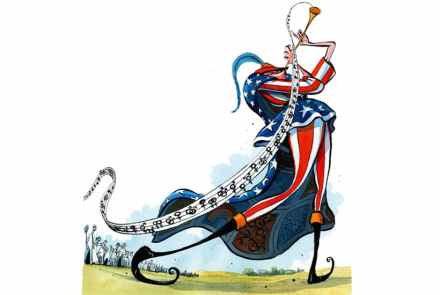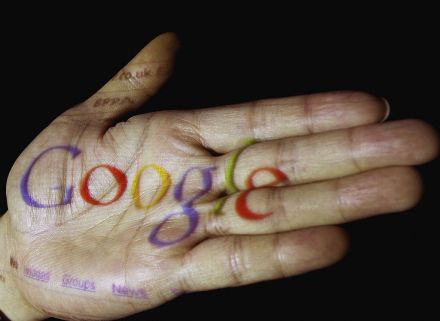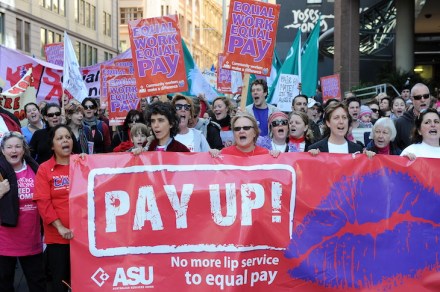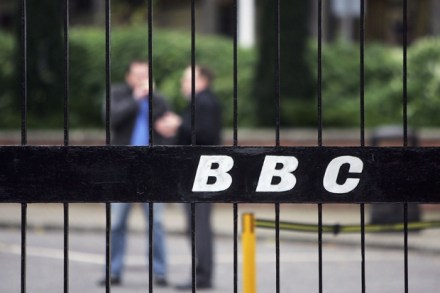The truth about ‘boardroom diversity’
We all know that increasing the diversity of your boardroom increases the success of your company because politicians, business leaders and academics keep telling us so. No one has ever got into trouble for making this assertion and, in any case, we have the scientific evidence to prove it – in the form of four studies pumped out by management consultants McKinsey & Company over the past decade. The first of these, Why Diversity Matters (2015), claimed, for example, that companies in the top quartile for gender diversity were 15 per cent more likely to outperform the median company in their industry, and companies in the top quartile for racial/ethnic
